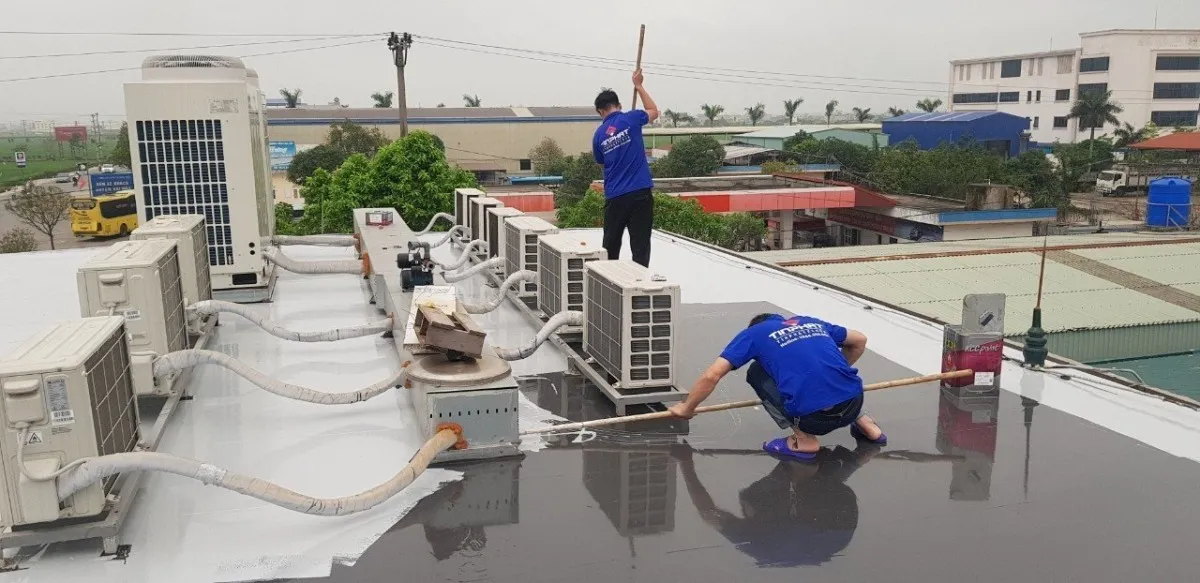Top Skills Every Geriatric Nurse Needs Today
The role of a geriatric nurse has never been more critical. With the United States and much of the world experiencing a rapid increase in the aging population, the demand for skilled professionals in elderly care is at an all-time high. Geriatric nurses are on the frontlines, providing care for seniors who face chronic illnesses, mobility challenges, and emotional needs. To succeed, they require a combination of clinical expertise, emotional intelligence, and technological skills.

This article explores the top skills every geriatric nurse needs today, examining clinical competencies, communication strategies, emotional care, and the importance of adaptability in a rapidly evolving healthcare environment.
Understanding the Role of a Geriatric Nurse
Geriatric nurses specialize in caring for older adults, often those with complex health conditions. Their role extends beyond medical treatment to include emotional support, family guidance, and advocacy for seniors’ dignity.
The population of people aged 65 and older is expected to surpass 80 million in the U.S. by 2040. This demographic shift underscores the urgent need for nurses who are highly skilled in managing the unique needs of the elderly. A successful geriatric nurse combines traditional nursing knowledge with specialized expertise in aging care.
Strong Clinical Knowledge and Assessment Skills
One of the most essential skills for geriatric nurses is the ability to perform accurate clinical assessments. Seniors often present multiple chronic illnesses, making diagnosis more complex than in younger populations.
Geriatric nurses must recognize subtle signs of conditions like dementia, arthritis, or cardiovascular disease. For example, an elderly patient might show confusion instead of chest pain during a heart attack. The ability to interpret such atypical symptoms requires advanced clinical judgment.
Key Clinical Areas
- Medication management: Seniors often take multiple prescriptions, requiring careful monitoring for drug interactions.
- Pain assessment: Pain may be underreported or mistaken for aging, so nurses must identify underlying causes.
- Mobility evaluations: Preventing falls is crucial in elderly care.
Communication and Listening Skills
Effective communication is at the heart of geriatric nursing. Seniors may struggle with hearing, memory, or speech, so nurses must adapt their communication style to ensure understanding.
Active listening not only builds trust but also helps identify unspoken concerns. A nurse who demonstrates empathy and patience can encourage seniors to share important health information they might otherwise withhold.
Best Practices in Communication
- Speak clearly, slowly, and face-to-face.
- Use simple language without medical jargon.
- Confirm understanding by repeating key instructions.
Empathy and Emotional Intelligence
Caring for the elderly requires more than medical expertise; it requires compassion. Seniors often face loneliness, depression, or anxiety, especially if they live in nursing homes or have lost loved ones.
A nurse with high emotional intelligence can recognize these emotional struggles and respond with empathy. Offering reassurance, companionship, and emotional support can improve both physical and mental health outcomes for seniors.
The Role of Emotional Intelligence
- Recognizing non-verbal cues of distress
- Providing comfort in end-of-life care
- Balancing professional boundaries with compassionate care
Patience and Adaptability in Elderly Care
Patience is an invaluable trait in geriatric nursing. Tasks such as helping a senior with dementia get dressed or assisting with mobility can be time-consuming and repetitive.
Adaptability is equally important. Seniors’ conditions can change rapidly, requiring nurses to adjust care plans on short notice. Nurses must also adapt to evolving technologies and policies that shape modern healthcare.
Example: A geriatric nurse may need to switch from traditional paper records to digital electronic health records (EHRs), demonstrating adaptability in practice.
Cultural Competence and Respect for Diversity
Elderly populations are diverse in terms of race, culture, language, and religion. Geriatric nurses must develop cultural competence to provide respectful and inclusive care.
Understanding cultural beliefs about aging, illness, and end-of-life decisions ensures that seniors receive care aligned with their values. For example, dietary restrictions, family involvement, and spiritual needs should all be considered.
Building Cultural Competence
- Attend diversity and sensitivity training
- Learn basic phrases in common languages spoken in the community
- Respect traditional healing practices alongside modern medicine
Knowledge of Chronic Disease Management
Most seniors live with at least one chronic condition. Effective management of these diseases is central to geriatric nursing. Nurses must understand the complexities of diseases such as Alzheimer’s, diabetes, osteoporosis, and heart disease.
By creating tailored care plans, monitoring symptoms, and educating families, geriatric nurses can help prevent complications and hospital readmissions. Chronic disease management is one of the most in-demand skills in elderly care.
H3: Key Conditions in Elderly Populations
- Dementia and Alzheimer’s disease
- Hypertension and cardiovascular illnesses
- Diabetes and related complications
Technological Proficiency in Modern Elderly Care
Technology is transforming healthcare, and geriatric nurses must keep up. From telemedicine to wearable health devices, technology allows seniors to receive better care while reducing costs.
Nurses must be comfortable with tools such as remote monitoring systems, electronic health records, and medication management apps. Familiarity with technology ensures efficiency and helps seniors remain independent longer.
Examples of Technology in Use
- Wearable devices to monitor heart rate and oxygen levels
- Telehealth platforms for virtual consultations
- Smart home systems to prevent falls and emergencies
Leadership and Advocacy Skills
Geriatric nurses often serve as advocates for their patients. They ensure seniors’ voices are heard in care decisions, particularly when patients cannot communicate effectively.
Leadership skills are vital when coordinating with doctors, therapists, and family members. Nurses who demonstrate leadership can influence healthcare policies, improve care standards, and mentor younger nurses entering the field.
H3: Advocacy in Action
- Protecting seniors from neglect or abuse
- Supporting legislation for affordable elderly care
- Promoting dignity and respect in long-term care facilities
Teamwork and Collaboration
Elderly care involves a multidisciplinary approach, requiring collaboration with physicians, physical therapists, social workers, and family caregivers.
Geriatric nurses must excel in teamwork to create comprehensive care plans. Clear communication within teams ensures that seniors receive consistent, holistic care.
Example: A nurse coordinating with a dietitian to create a personalized meal plan for a senior with diabetes demonstrates effective collaboration.
Commitment to Lifelong Learning
Healthcare is constantly evolving, and geriatric nursing is no exception. Nurses must commit to lifelong learning through workshops, certifications, and continuing education.
New treatments, technologies, and best practices in elderly care emerge every year. Staying updated ensures nurses provide the highest quality of care to seniors.
Ways to Stay Updated
- Enroll in gerontology certification programs
- Attend conferences on elderly care
- Subscribe to professional nursing journals
Ethical Decision-Making in Geriatric Nursing
Ethics play a central role in elderly care, particularly in end-of-life decisions. Nurses must balance patient autonomy with medical necessity while respecting family wishes.
Common ethical challenges include decisions about life support, medication withdrawal, and allocation of limited healthcare resources. Strong ethical decision-making ensures seniors are treated with dignity and respect.
Conclusion
The role of a geriatric nurse is multifaceted, requiring a unique blend of clinical expertise, emotional care, and adaptability. From clinical assessment and chronic disease management to empathy, cultural competence, and technological proficiency, these skills ensure that seniors receive the best possible care.
As the elderly population continues to grow, the demand for skilled geriatric nurses will only increase. By mastering these top skills, nurses can not only improve the health outcomes of seniors but also enhance their dignity, independence, and quality of life. Ultimately, geriatric nurses are not just caregivers - they are advocates, leaders, and companions in one of the most important stages of life.











